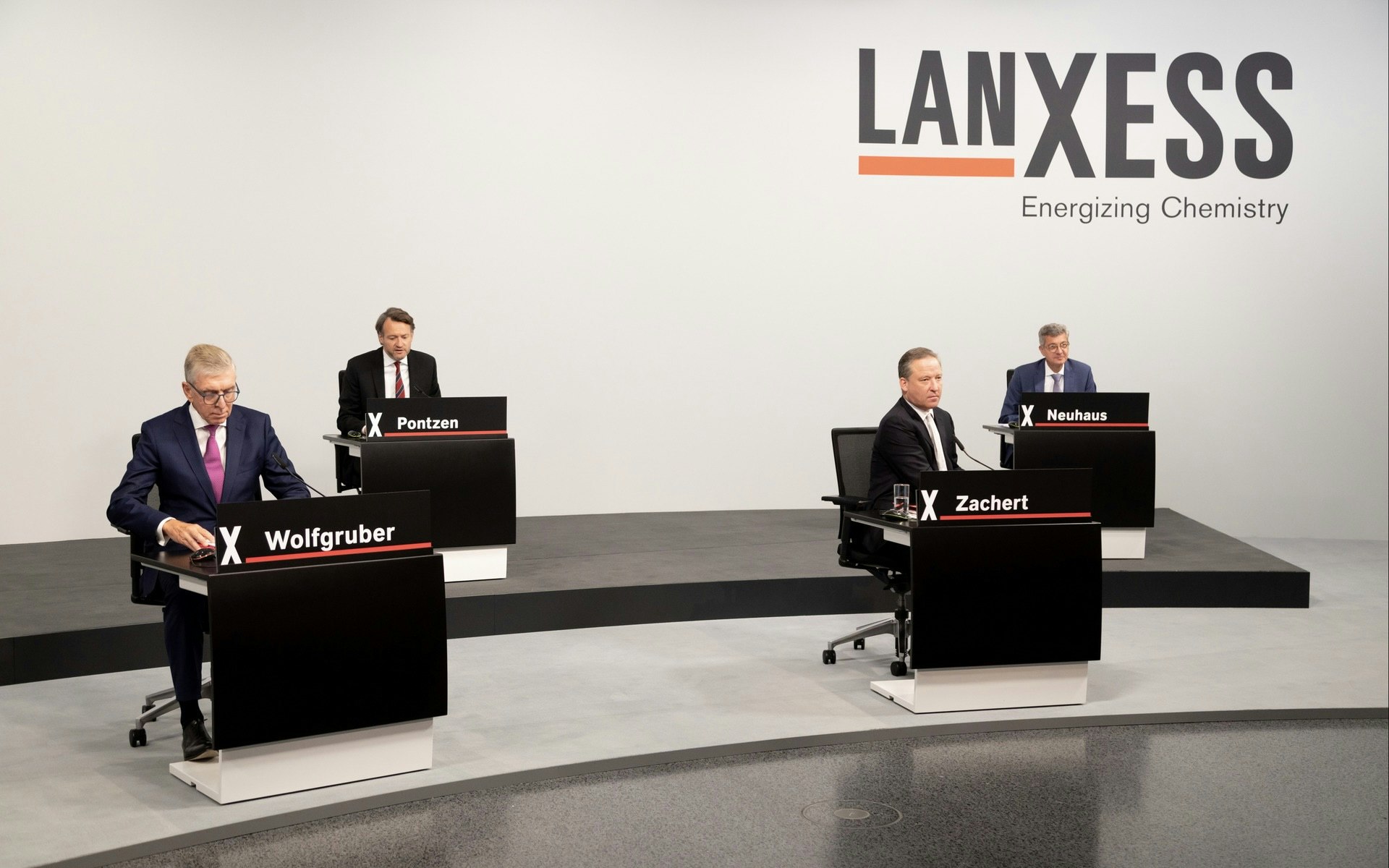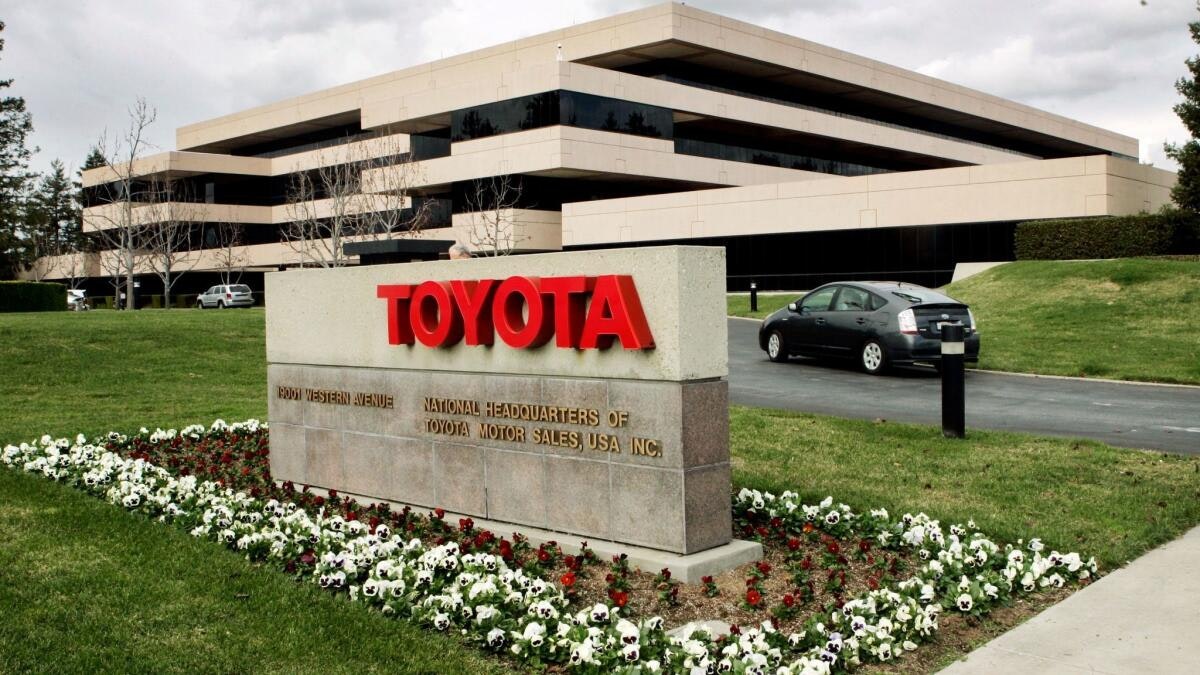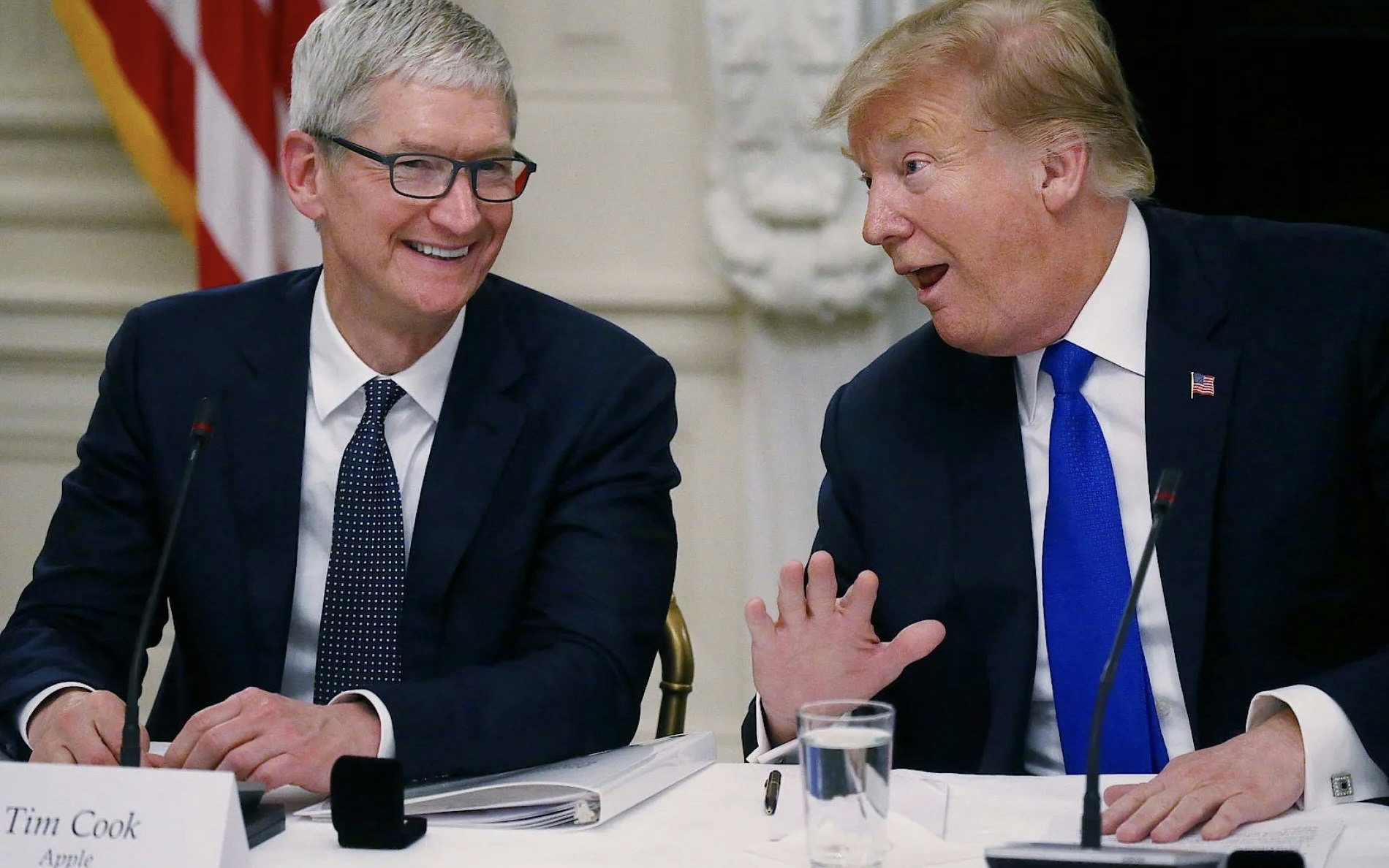The specialty chemicals group LANXESS recorded a significant jump in share price on Monday after it became known that prominent hedge fund manager David Einhorn had acquired around five percent of the company's voting rights. The stock rose by up to eleven percent during the day and led the MDAX with an increase of 8.4 percent to 25.64 euros.
Einhorn, known for successful investments like his bet against Lehman Brothers before their collapse, attracted attention with his entry into LANXESS. Analysts view his involvement as a signal of confidence in the strategy of the group, which has increasingly focused on specialty chemicals in recent years.
With the price jump, the shares recovered roughly 40 percent of the losses from recent months and surpassed the important 200-day line. Nevertheless, the stock is still down by about ten percent for the year, while the chemical index Stoxx Europe 600 Chemicals is also weakening.
LANXESS recently reaffirmed its annual targets after a better third quarter. CEO Matthias Zachert is focusing on a long-term realignment of the company towards higher-margin specialty chemicals businesses to better cushion economic fluctuations. At the same time, the company is grappling with the ongoing weakness of the Chinese economy and rising costs.
Analysts praise LANXESS's strategic steps, including the exit from CO₂-intensive business areas and the sale of the Urethane Systems segment to the Japanese UBE Corporation. The deal, expected to bring proceeds of around 500 million euros, is anticipated to be completed by mid-2025.
The change, which also includes a stronger focus on innovation, could take several years, according to analysts from Goldman Sachs and Stifel. At the same time, a declining debt ratio and improved free cash flow are expected.
With the fresh capital and ongoing portfolio streamlining, LANXESS appears well-positioned to assert itself in the challenging market environment. David Einhorn's entry underscores the company's potential, even though the long-term prospects for success heavily depend on the implementation of the strategic realignment.





